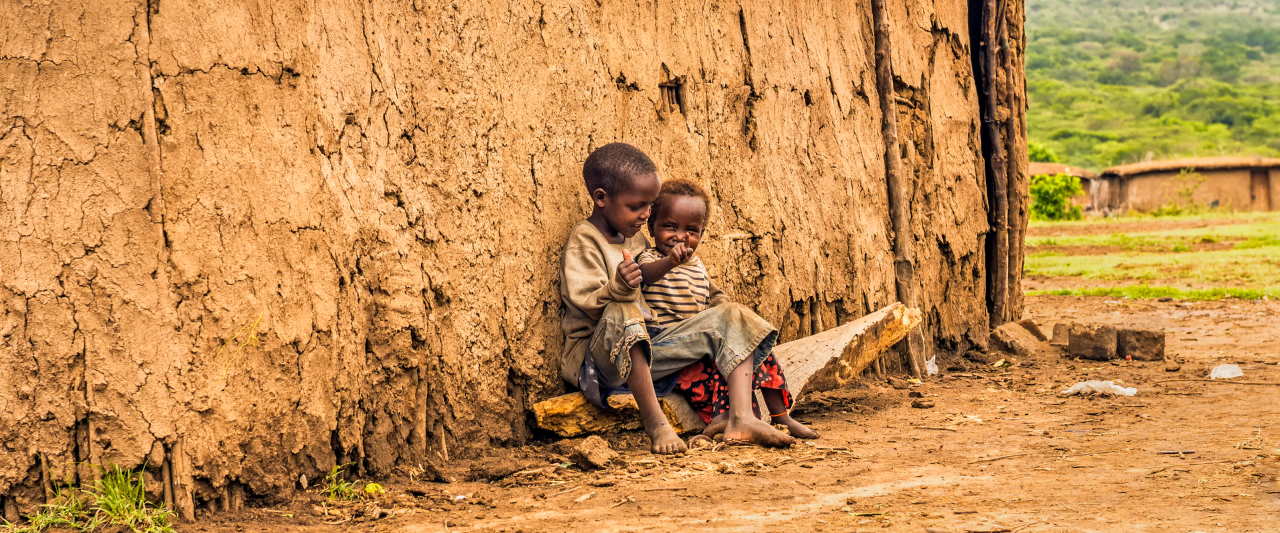
Kalam village is located in Kasei Sub-Location, Kasei ward in Pokot
North Sub-county, West Pokot County approximately 150 km from Kapenguria
town. The climatic condition of the village is hot semi-arid and
receives scanty rainfall averaging 500mm/year with temperatures rising
to above 30˚C in some months. The vegetation cover is mainly thorns and
short shrubs. The community in this area practice pastoralism as a major
economic activity and keep variety of livestock i.e. cows, sheep, goats,
poultry and donkeys.
The community has no reliable source of water and has to walk over 4km
to nearby Kapcheror River to access water. The quality in these rivers
is of poor quality; has high sediment load due to farming upstream,
human waste due to low latrine coverage. Despite the quality of these
waters, these rivers always dry during the dry season and the community
has to dig shallow wells which sometimes run dry. These wells are always
prone to contamination from humans and animals. Communities also wash
clothes near these wells hence contaminating them. Despite the distance,
the community has to queue for long due to the low discharge of the
wells.
These factors have high impact on the health of the residents and
education of children. According, to the reports by the residents of the
area cases water borne morbidities such as Typhoid are common in the
area. Also, many women complain of musculoskeletal problems as they have
to carry water for long distances. Some cases of miscarry linked to
carrying water have been reported. High levels of school absenteeism
characterize the area schools as many of the children have to miss
school to help their parents fetch water and water the animals. High
rate of water borne disease also cause many to remain at home as they
battle the infections. Lack of poor water has detrimental effect on
health, education and overall well-being of the people.

To achieve the above objectives, this proposal seeks to sink a borehole in villages, equip it with solar facilities, and erect a 10 m3 storage tank. This shall ensure that the residents of receive a continuous supply of safe drinking water as well as water their animals without treking for long distance.